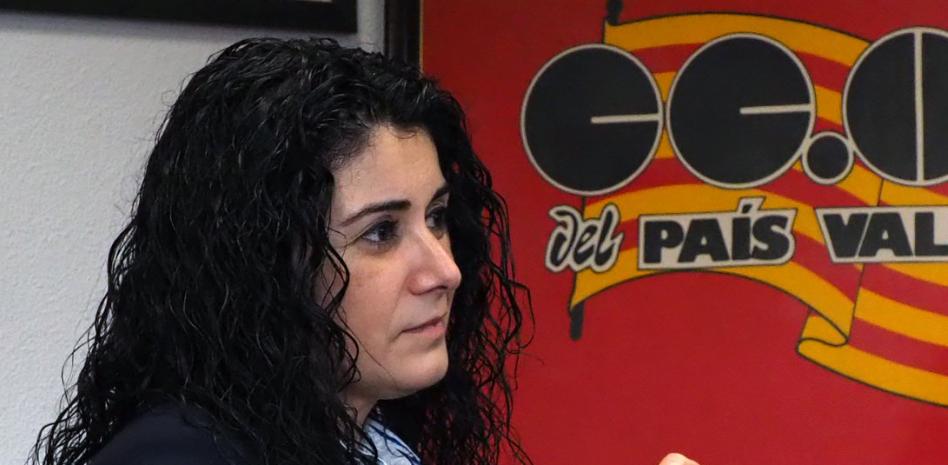Valencia is to be the first city in the world to trial the four-day week, claims Mayor Joan Ribó, a development that is sure to be watched closely by other regions and counties. Eugene Costello reports
This month sees the launch of a trial of the four-day working week that shows Valencia again to be at the forefront of thought leadership about work-life balance and putting its citizens’ needs front of mind.
It has been made possible by moving the feast of San Vicente Mártir, the city’s patron saint, from 22 January to 14 April. This has meant a four-week run of four-day weeks, taking into account four festivos – public holidays.
And this offers the council to study what effect a four-day week – crucially, with no reduction in income – would have upon society.
The trial is taking place with the agreement of employers, unions and local government. The plan is to measure the consequences of a 32-hour working week upon the city and its residents. The study will quiz 2000 Valencianos in May and June after the trial period to learn how workers used these four extra days. They have said they wish to focus on the effects upon family, the local environment, mental health, the consequences that these extra days would have on domestic tourism in the city, the local hospitality sector, traffic and the use of public transport.

People first
The Mayor of Valencia, Joan Ribó, has explained the thinking behind the trial in local Valencian press: “We just want to ask society if a day like this would be positive. If it would be good for people, for the environment, or for certain productive sectors”.
Ribó also noted that there is a positive consensus (as well as high expectations) towards the trial, citing polling of 2,358 local residents who gave the idea a score of 7.9 points out of 10. Interestingly, the idea has also proven to be popular across the board with both businesses and unions backing the plan.
Growara, a Valencia-based consultancy firm that implemented a four-day working week back in 2022, saw such benefits from the shortened schedule that they now advise their clients to do the same. CEO Julio Braceli told La Vanguardia: “those [companies] that have adopted this schedule have a competitive advantage over others in attracting talent”, as reported in The Local.
The aim of this initiative, for which data is expected to be published in July, is to ascertain its impact on “citizens’ aspects” and not on business, finance or public administration alone, as has been done in other countries, the council insists, as reported in Valencia Plaza.
It is not a reduction in working hours, given that “the annual number of hours worked will not be reduced. “It is not a reduction in working hours programme. That’s not our business, that’s up to the employers, the workers and the negotiation – in this area. It is a test, an experience” within an “axis of innovation” that is “designed for people”, in the words of the mayor of Valencia, Joan Ribó.
Four sight
The municipal leader defends the “people-first” model of innovation aimed at “benefiting the whole of Valencian society”, he says.
“We are working on things that directly benefit people, many of them organisational issues and the organisation of society”.
With this initiative, Valencia becomes “the first city in the world to carry out a pilot project on a 32-hour working day for a month” with a citizen-focus and not a business one. Similar trials have taken place in a number of countries but the aim was to see if productivity could stay the same in a shorter week. This does indeed seem to be the first to explicitly analyse the benefits to employees.

Perhaps for this reason, union leaders seem positive about the trial period. Ana García Alcolea, secretary general of Valencia based municipal sindicato CCOO-PV, said that the aim is to improve “the working and living conditions of the working class,” as well as giving the local economy a boost because “having more leisure is equivalent to more productivity, more consumption and more job generation”.